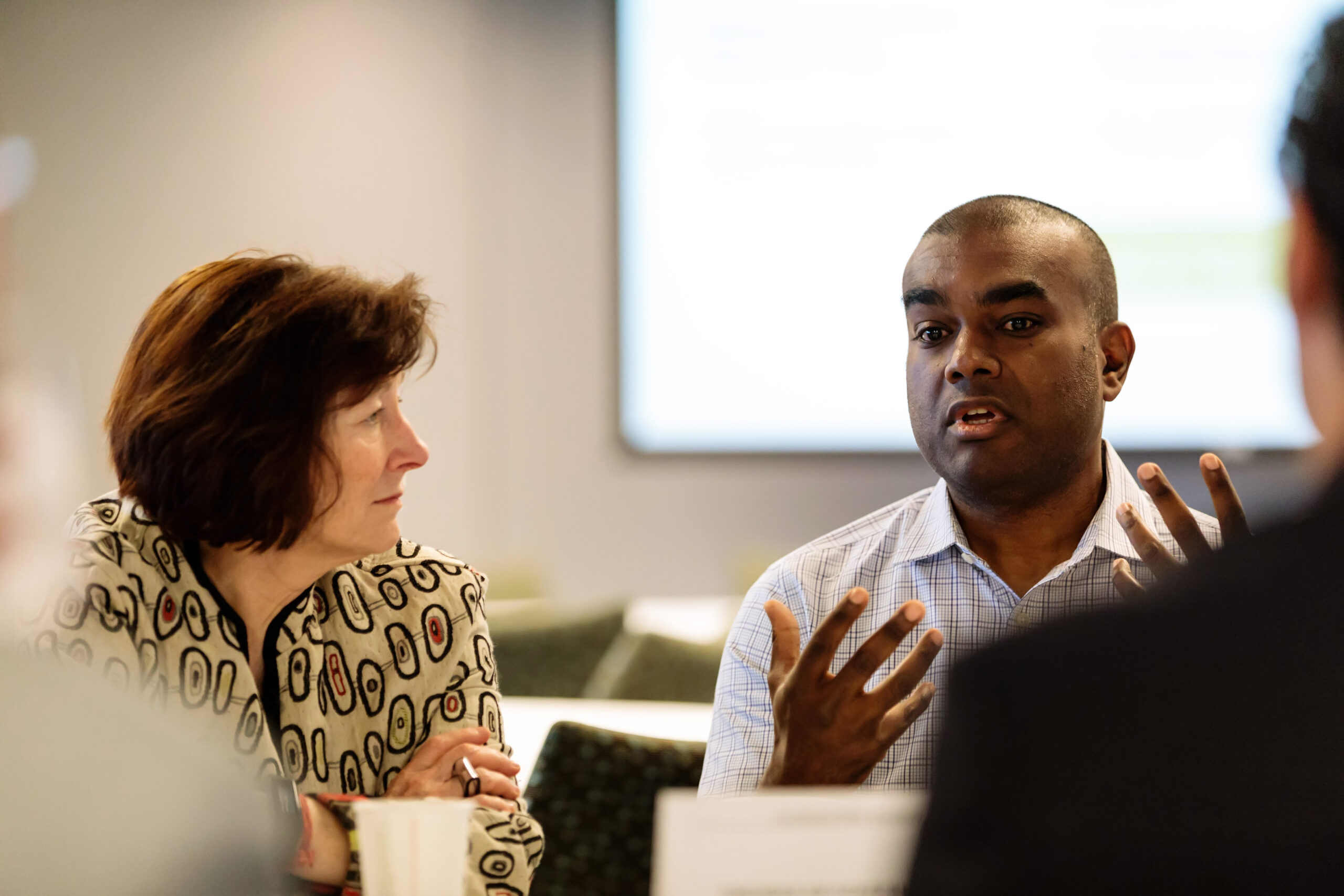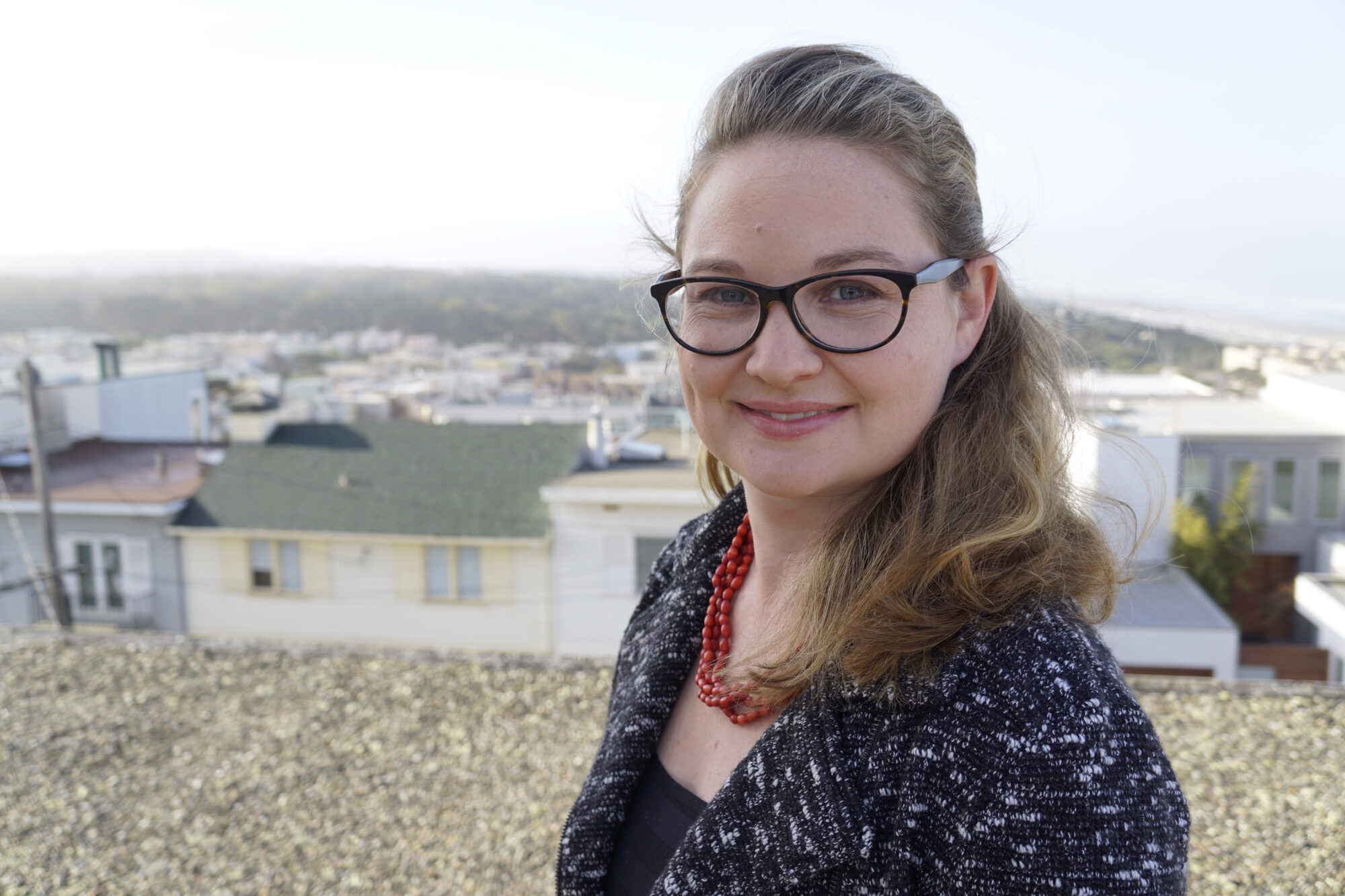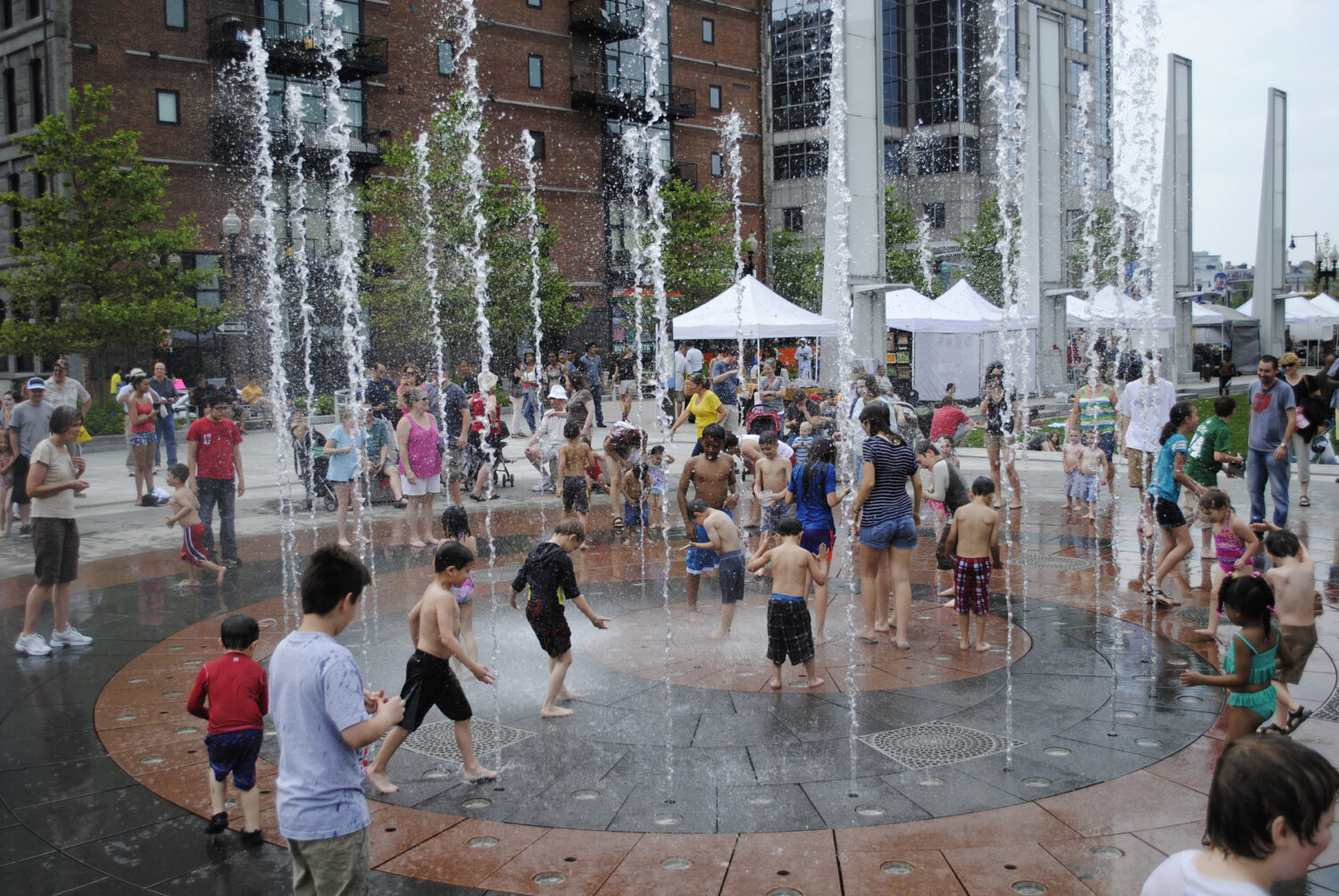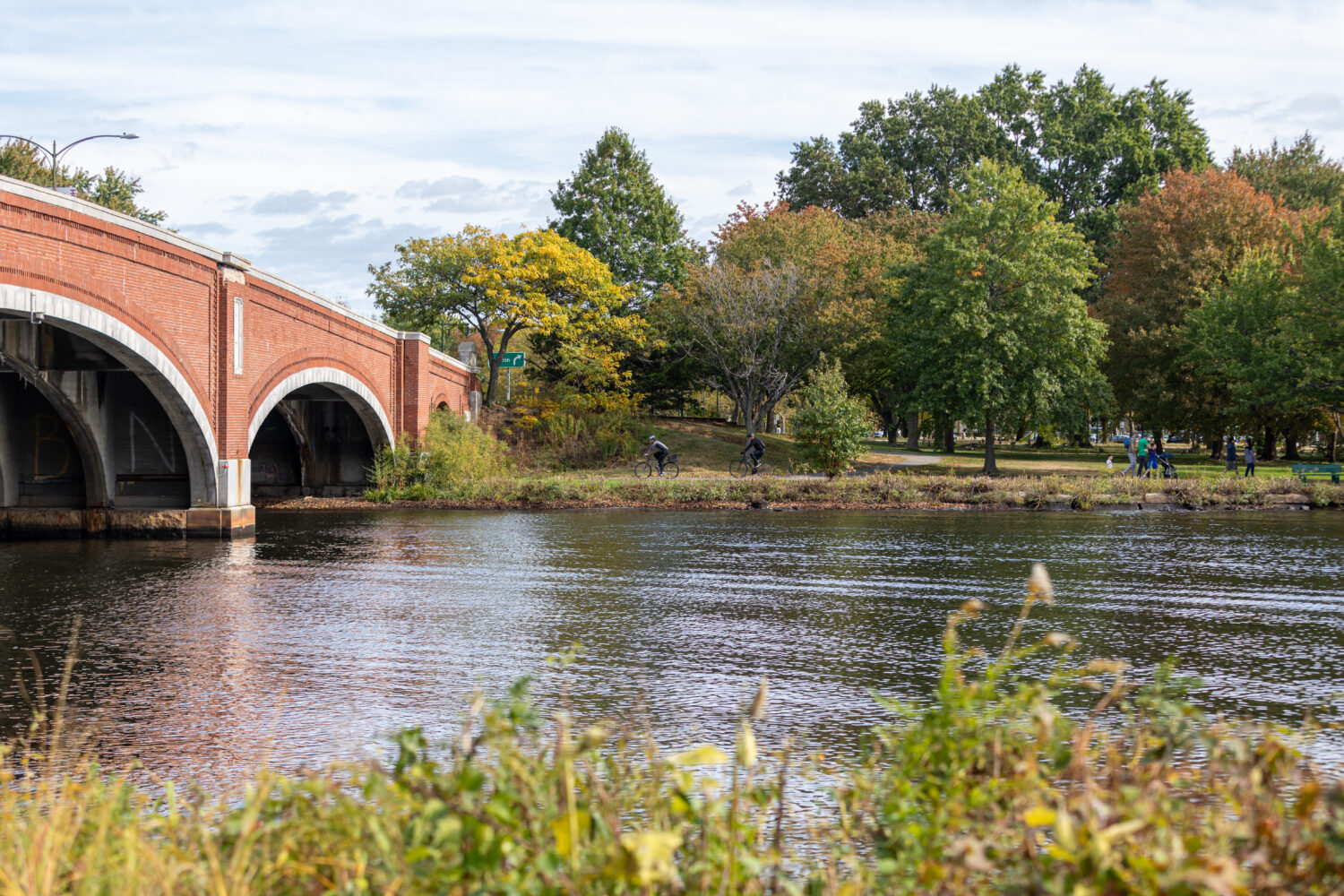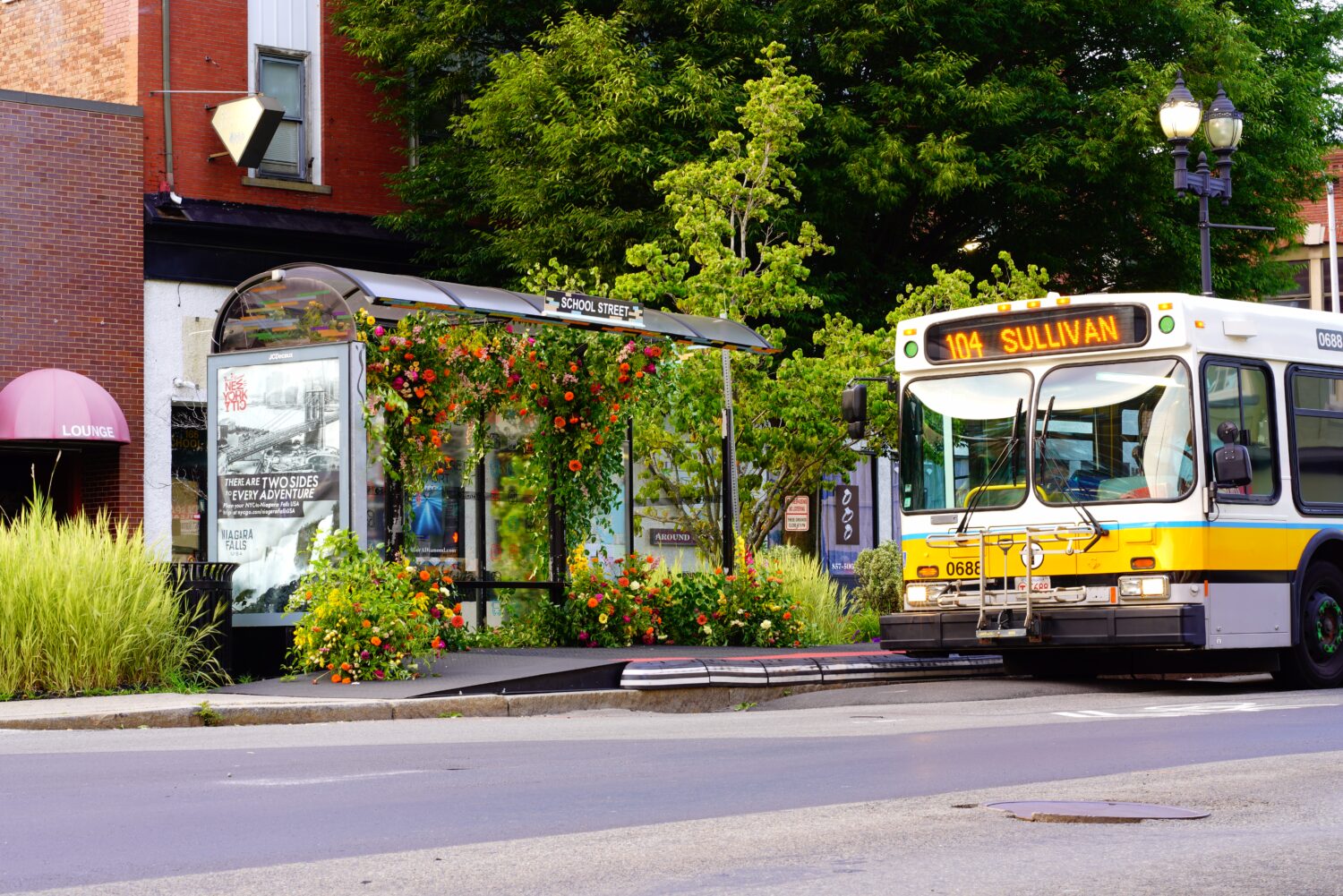Living in the “Hub of the Universe,” it’s easy to forget that cool stuff can happen in other places. Conferences have been particularly useful to me in my work: they are a great way for diverse people to come together, share ideas, and form partnerships. One of my favorites, which I participate in each year, is the Meeting of the Minds Annual Summit.
When I connected with Meeting of the Minds a few years ago, I quickly realized that its conferences are set apart from others by two distinct elements: 1) they bring together leaders from all sectors to focus on urban sustainability and technology challenges; and 2) they schedule ample time to brainstorm with thought leaders in the room. Together, these two elements support the unusual and interesting partnerships that make things happen.
This is why Barr invited Meeting of the Minds to host a Mobility Summit in Boston this past June. What ideas could 130 leaders from the private, public, nonprofit, and academic arenas come up with for a more resilient and equitable mobility future in Boston? (We gave only them a day!)
Meeting of the Minds Executive Director Jessie Feller Hahn shares with us some of the key findings that emerged during the daylong summit this June, held at the Microsoft NERD Center.
While Greater Boston continues to prosper, the region sits at a unique moment in the history of mobility and growth. With the roadways and MBTA over capacity and the region’s population continuing to grow, the region will need strong collaboration across sectors to thrive. With that in mind, the Boston Mobility Summit convened leaders from diverse backgrounds currently working on the kinds of innovations the region will need.
The result was a fascinating exchange of ideas—a convergence of researchers, NGO leaders, funders, city planners, and more, collectively developing a range of solutions Greater Boston might pursue. Here are some overarching themes:
Accessibility as the Goal of Transportation
Massachusetts Secretary of Transportation Stephanie Pollack challenged the traditional approach to transportation in Greater Boston in her morning plenary. She urged the audience to reframe transportation as a matter of accessibility: how do people get where they need to go? Do people have access to what they need to live prosperous lives—jobs, housing, healthcare, family, parks, schools, childcare, and other essential services? Reframing transportation work to focus on how to support people to gain access to opportunity has the potential to lead us in a powerful new direction. Participants brainstormed ideas ranging from an overhaul of current governance structures to using untraditional data sources to better understand where people want to go.
The Expected Convergence of Uber, Autonomous Vehicles, and Transit
It won’t come as a surprise that emerging technologies were the subject of much of the summit’s discussion, particularly when it comes to how they will interact with transit and the streetscape, for good or ill. Discussions focused on ideas for how to reframe public transit to make it competitive with new rideshare technologies, as well as ideas on how to address the increasing and competing demands for limited curb space, a precious public resource in Boston. A broader theme emerged during multiple work sessions around the levers that decision-makers have to ensure that new mobility technology complements transit rather than dismantles it. Participants brainstormed financial and non-financial incentives, policies, and pilot programs that have the potential to improve access to all neighborhoods, lower greenhouse gas emissions, and fill transit gaps.
Planning for Climate Change
A third primary theme at the summit was preparing Greater Boston for climate impacts such as extreme temperatures, powerful storms, and frequent flooding. Participants discussed some potentially simple but effective changes, like making heat-prone streets shadier with tree canopies and awnings, and longer-term land use and transportation goals, such as making it easier for people to live, work, shop, and play locally, without the need for a car. Participants also tackled weightier solutions such as a new “resiliency infrastructure fund” to pay for long-term projects like resilient waterfront design or a Harbor wall, with a particular focus on protecting Boston’s most vulnerable neighborhoods from climate impacts.
The discussions begun locally will expand beyond the confines of the Boston Mobility Summit at the Meeting of the Minds Annual Summit, where the Boston region will have a cohort of leaders reporting back on their discussions and proposed initiatives. We invite you to join us at the Annual Summit in Cleveland on October 25–27, and we are accepting scholarship applications from leaders in the public sector, nonprofit sector, and academia (you can apply here). We also invite you to join us for our free monthly webinar series to learn more about emerging trends in urban sustainability, innovation, and connected technology solutions for cities.
